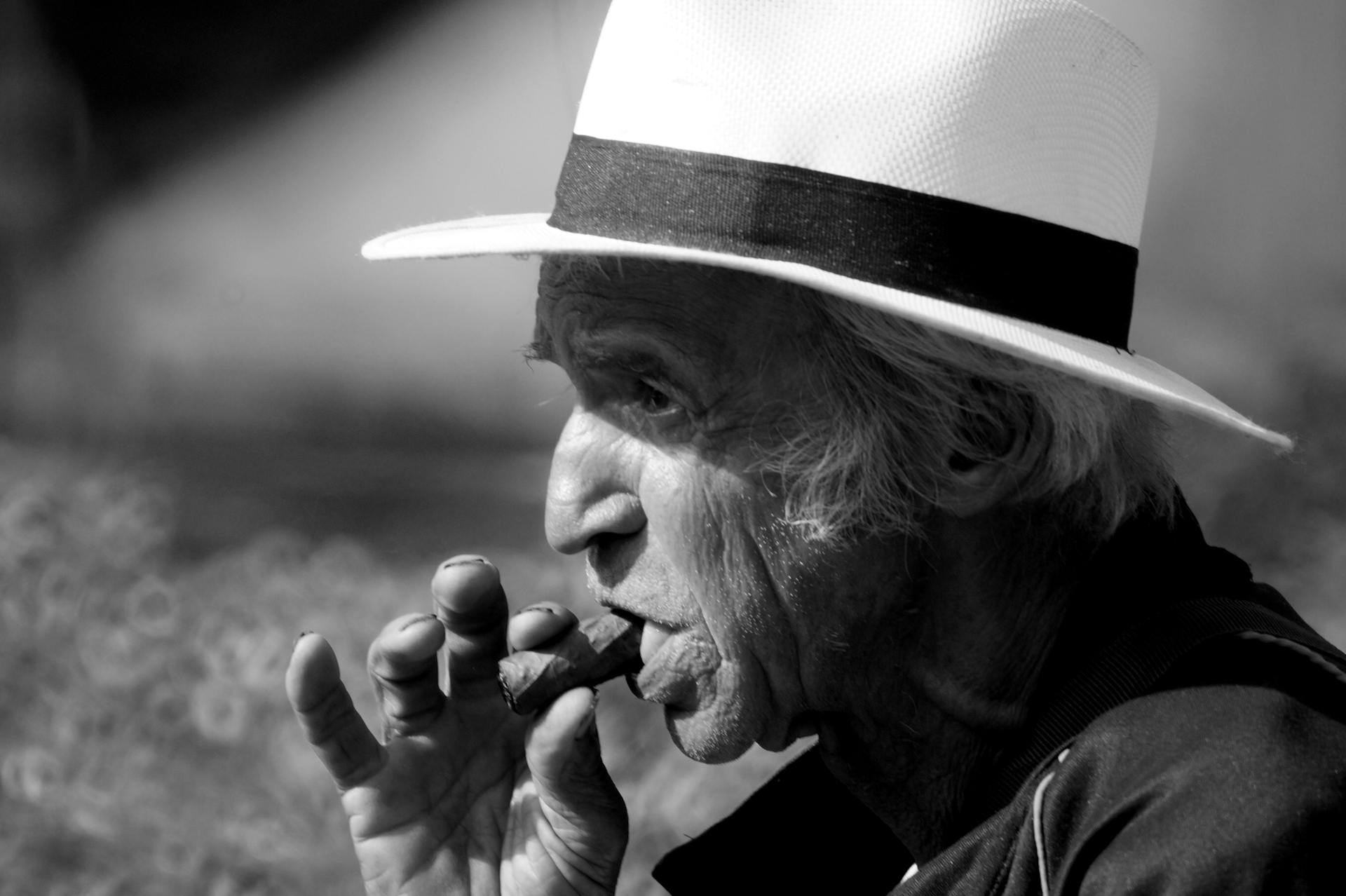
Cigars have played an influential role in shaping political and social history, symbolizing power, status, and diplomacy. From smoke-filled rooms where political strategies and treaties were discussed, to their role in elite social clubs, cigars have been a fixture in the corridors of power and high society.
Political Influence
Historically, cigars have been associated with political leaders, used both as a personal indulgence and a diplomatic tool. Leaders like Winston Churchill, known for his iconic cigar, leveraged its imagery to craft a persona of resilience and wisdom. In the United States, cigars were integral to political networking, often seen in legislative sessions and strategy meetings.
Social Status
In society, cigars have long been a symbol of wealth and exclusivity, associated with the upper echelons of society. They marked special occasions, from aristocratic gatherings to high stakes business negotiations, helping to forge connections among the wealthy and influential.
Cultural Impact
Beyond politics and social status, cigars have influenced art, culture, and public perception. They have appeared in films, literature, and iconic photographs, often used to define characters and eras. This cultural presence has helped cement the cigar’s role as more than just a tobacco product, but a symbol of a lifestyle and a bygone era of glamour.
Conclusion
The cigar’s journey through political and social landscapes illustrates its enduring legacy as a symbol of power and prestige. As societies evolve, the role of cigars continues to be both celebrated and critiqued, reflecting changing attitudes towards tobacco and luxury.




